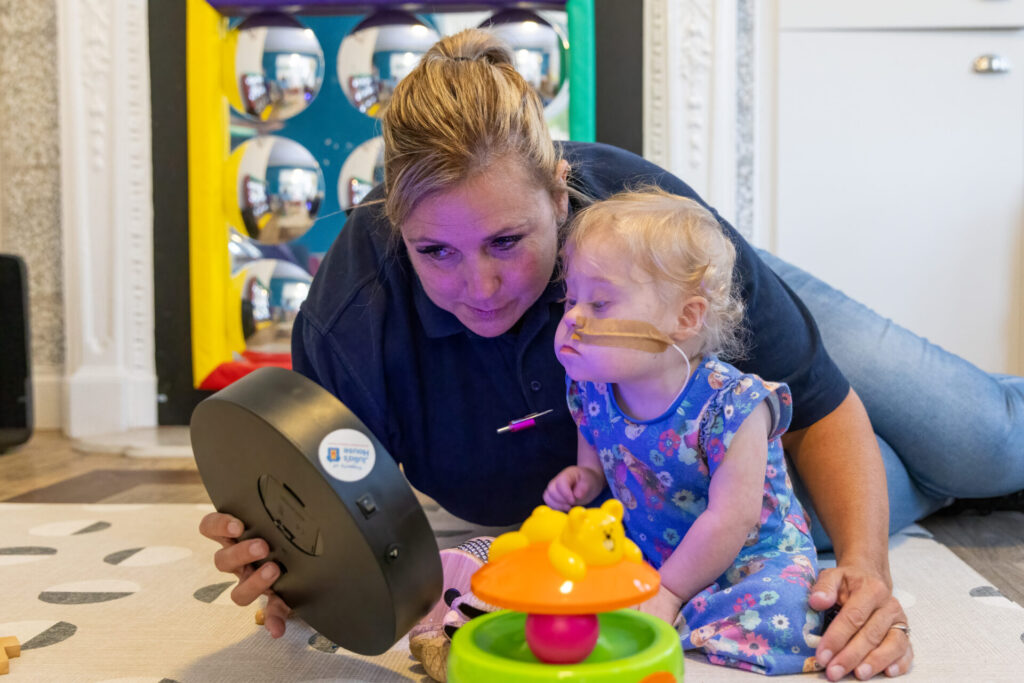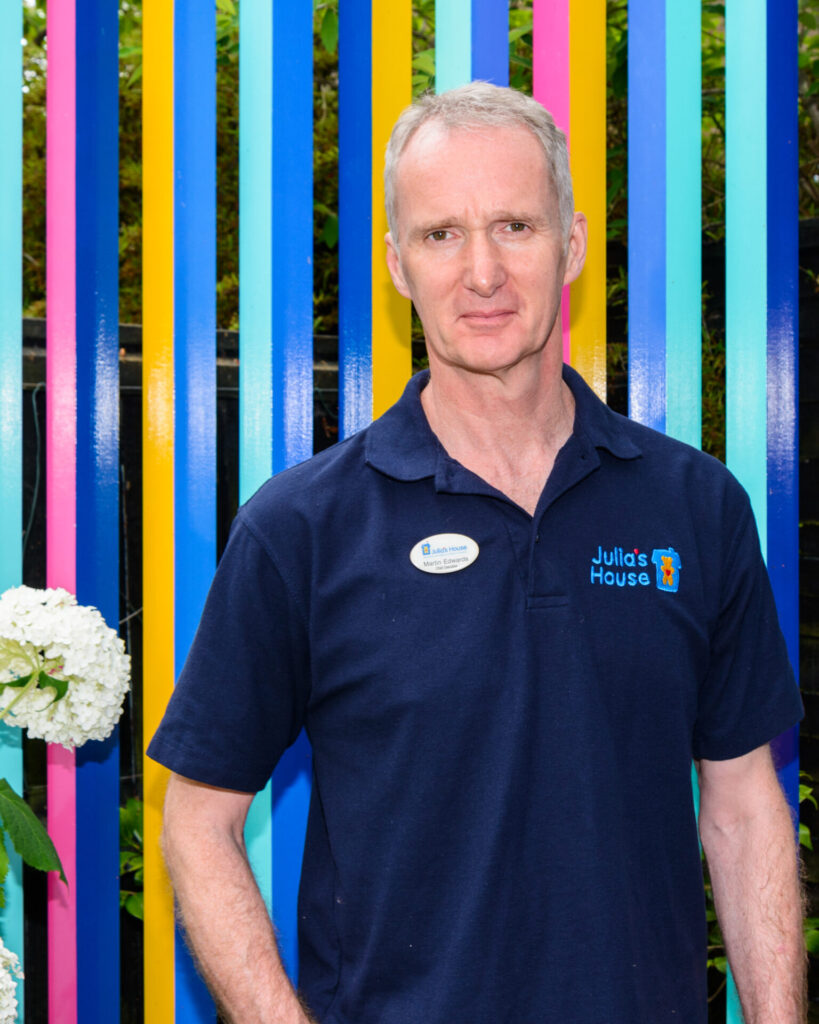Dorset’s allocation of NHS funding only provides eight per cent of the children’s hospice annual income – Rachael Rowe asks why

‘It shocked a lot of people. And it’s not for want of trying at national and local level.’
When the chief executive of Julia’s House, Martin Edwards, wrote a post on LinkedIn about the funding inequalities in children’s hospice care, it received more than 30,000 views and generated several shocked responses. Some hospices receive up to 30% of their funding from the NHS, though the national average is 13%. Dorset gets just 8%, and even that is no longer secure.
How it works
Children’s hospice funding comes from a combination of charitable donations, including bequests, and a nationally-defined budget. For several years, NHS England has commissioned the service using a £25m grant, shared between children’s hospices in England. However, NHS England wrote to children’s hospices in April 2023 to tell them that this year (2023/24) will be the final year of the grant. In future, local integrated care boards (ICBs) will be responsible for providing all of their NHS funding.
In 2022/23, Dorset ICB spent just £125,049 on children’s hospice care, and has additional contracts with a community-integrated continuing care team. Julia’s House receives no funding from the NHS in Wiltshire. The total NHS contribution to the Julia’s House budget, from contracts and grants, is just 8% of the hospice’s annual required income.
Respite care is an essential service
Unlike adult end-of-life care, children with life-limiting illnesses are fewer in number, but many have highly complex and rare conditions.
Apart from the instability and uncertainty of hospice funding, the costs associated with providing palliative care have escalated in the last year alone. The number of children with a life-limiting condition nationally has trebled in the last 17 years. According to the Dorset End of Life Care Strategy, there are believed to be 1,038 children between the ages of 0 and 19 needing palliative care support in the county.
Julia’s House cares for 176 families across Dorset and Wiltshire, with around two thirds in Dorset. Martin outlined some of the issues: ‘We are seeing more children with complex needs now. More than 80% of our children require two staff members to be with them at any time. It’s an intensive process. We also continue to care for the entire family, supporting them for up to five years after bereavement.’
Hospices do much more than providing end-of-life care. Martin believes one of the reasons that Julia’s House receives less public sector funding is because it provides a lot more respite care.
‘People think of hospices as buildings that provide end of life care, but we do a lot more. Respite care is just as vital.
‘Research shows that respite care impacts upon the entire family’s wellbeing. We led a national research project with Bournemouth University, looking at how a child needing hospice care impacted the parent’s relationship. We found that the stronger parental relationships also had up to 43% more respite care than those families where relationships were struggling.
‘Another important research study from York identified that a mother of a child with palliative care needs is twice as likely to develop a heart problem as one with a healthy child. She also has an increased risk of mental health problems. Respite care prevents a crisis. If we can keep children stable and families healthy, we can avoid many problems. The most expensive thing is a bed night in hospitals.’

Equal, reliable funding
Laura Gilbert’s four-year-old daughter Sophie has a life-limiting illness and has been waiting for a double lung transplant and major heart surgery at Great Ormond Street Hospital for 10 months. The family is supported by Julia’s House and explained why respite care is essential.
‘Having a child with a life-limiting illness is mentally and physically traumatic and exhausting. A lot of parents suffer with chronic sleep deprivation and associated ill health because they are the primary carer for their affected child day and night.
‘Julia’s House offers services which can help alleviate that stress and provide support and care not only the child under their services but also for the parents and siblings. Having a poorly child impacts many generations of the family and Julia’s House goes above and beyond in offering any support/services that they can.
The staff bring a sense of inclusion to all children, regardless of their physical and mental capabilities. When you see your child feeling supported, included and cared for so exceptionally, it reminds you that you are not alone in this. To be able to offer fully supported respite sessions in the child’s own home, giving the parents some time out, or to simply spend time with their partners or other children, is invaluable. It gives to the whole family.
‘I don’t think it is acceptable that so many of the services that a hospice provides are funded purely by the generosity of the public. It is utterly amazing how many incredible people and organisations donate, raise and support Julia’s House financially, and it is very much needed year after year to enable the hospice to function and provide the exceptional service that it does.
‘We, as service users, are so thankful that the public supports the hospice. Simply, without them, our children wouldn’t receive the quality and range of care they get. Care costs should be funded by the government each year, and a guarantee given that each children’s hospice has a contract and sustainable financial support that is equal across all children’s hospices around the country.’
Staff at Dorset ICB were unavailable for the interview but shared their county-wide end-of-life care strategy, which includes integrated working between community teams and hospices.
However, with Dorset’s funding allocation at a paltry 8% and an increased demand for services for children with life-limiting illnesses, it is perhaps time to look at an equitable funding model for children’s hospice care that values preventive interventions like respite support.

